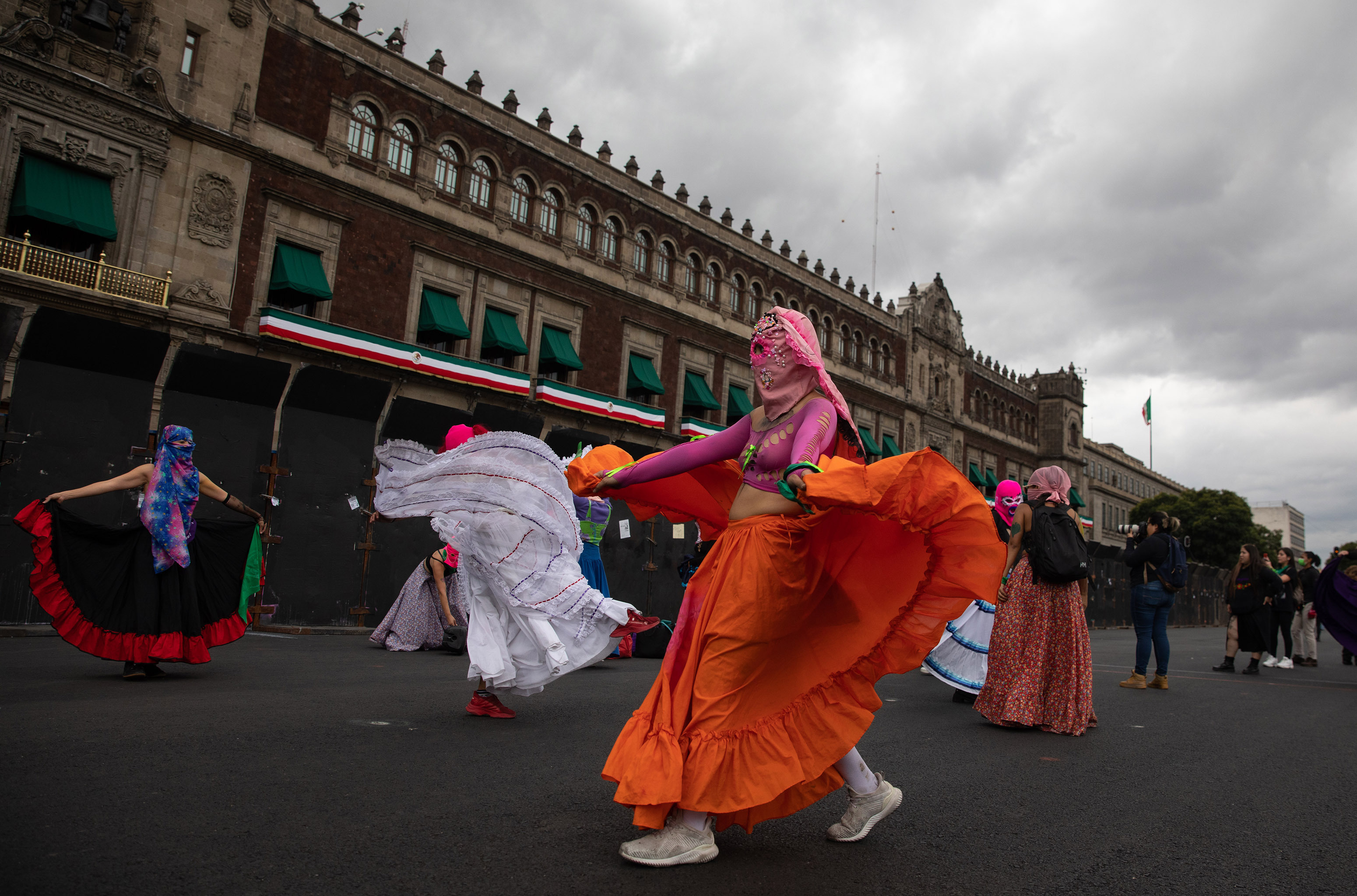Mexico
Women's Rights on the Rise in Latin America

Demonstration in Mexiko-City zum Internationalen Tag für das Recht auf sichere Abtreibung
© picture alliance / AA | Daniel CardenasLast week, the Mexican Supreme Court delivered a groundbreaking verdict: the decriminalization of abortion across the country. Abortions in Mexico are now safe and legal in all public health facilities.
Details of the Verdict
The ruling follows a 2021 precedent that declared “unconstitutional” the criminalization of abortion in the state of Coahuila, which borders Texas. Mexico City was the first state to decriminalize abortion in 2007, and other states followed suit. However, in 20 of the 32 states, abortion remained a crime. Congress is now required to remove this crime from the federal penal code before the end of the year.
Thanks to this nationwide ruling, women and pregnant persons in all Mexican states can now undergo legal and safe abortions at all federal healthcare centers. Moreover, federal facilities are obligated to provide this procedure and, therefore, qualified personnel. Neither women nor those involved in performing the intervention will face punishment or prosecution. Furthermore, women who were previously convicted of abortion must be acquitted following this verdict. According to Mexican organizations like “Las Libres”, this affects more than 200 women in Mexico who were detained or imprisoned in connection with abortion-related offenses.
The "Green Wave" Sweeping Latin America
In recent years, similar judgments or laws have been issued or passed in Argentina, Colombia, and Uruguay, strengthening women's rights. With its predominantly catholic and conservative history, Mexico is now another country that has bolstered women's rights, a remarkable step. Gender relations in the region are rooted in “machismo” culture, and women have had to fight hard for their rights.
According to Amnesty International and official figures, between 2018 and 2020, over 11,000 women were killed nationwide. That averages to more than ten women per day. Sexual assaults during the same period numbered around 151,000 cases, of which approximately 38,000 were rape. Additionally, more than 20,000 women are officially reported as missing, and cases of domestic violence, primarily targeting women and girls, exceed 600,000.
Women's movements in Latin America are fighting against gender inequality, violence, and the criminalization of abortions. The "Marea Verde" movement, the sea of green flags, banners, and symbols, spread across the streets of many Latin American states after originating in Buenos Aires in 2003. Mexico's ruling is another success in the brave struggle for human and women's rights on the continent and could now have a ripple effect on other Latin American countries like Brazil or Chile.
Trends and Counter-Movements
The regional trend in Latin America sharply contrasts with developments in the United States of America, where in 2022 the Supreme Court officially reversed Roe v. Wade, declaring unconstitutional abortion rights, which had been upheld for nearly 50 years. Subsequently, state laws came into effect, with conservative states like Missouri or Texas implementing highly restrictive laws. The Guttmacher Institute, which researches abortion issues, currently classifies 25 of the 50 states as restrictive to extremely restrictive.
However, the abortion debate in Latin America is also emotionally charged and controversial. For example, Argentinian presidential candidate Javier Milei advocates for repealing Argentina's law legalizing abortion, which was the first of its kind in Latin America in 2020.
Regardless of how the debate unfolds in individual states in the coming years, one thing is clear: women activists and advocates in Latin America will continue to be vocal—for equality, safety, and human rights.
